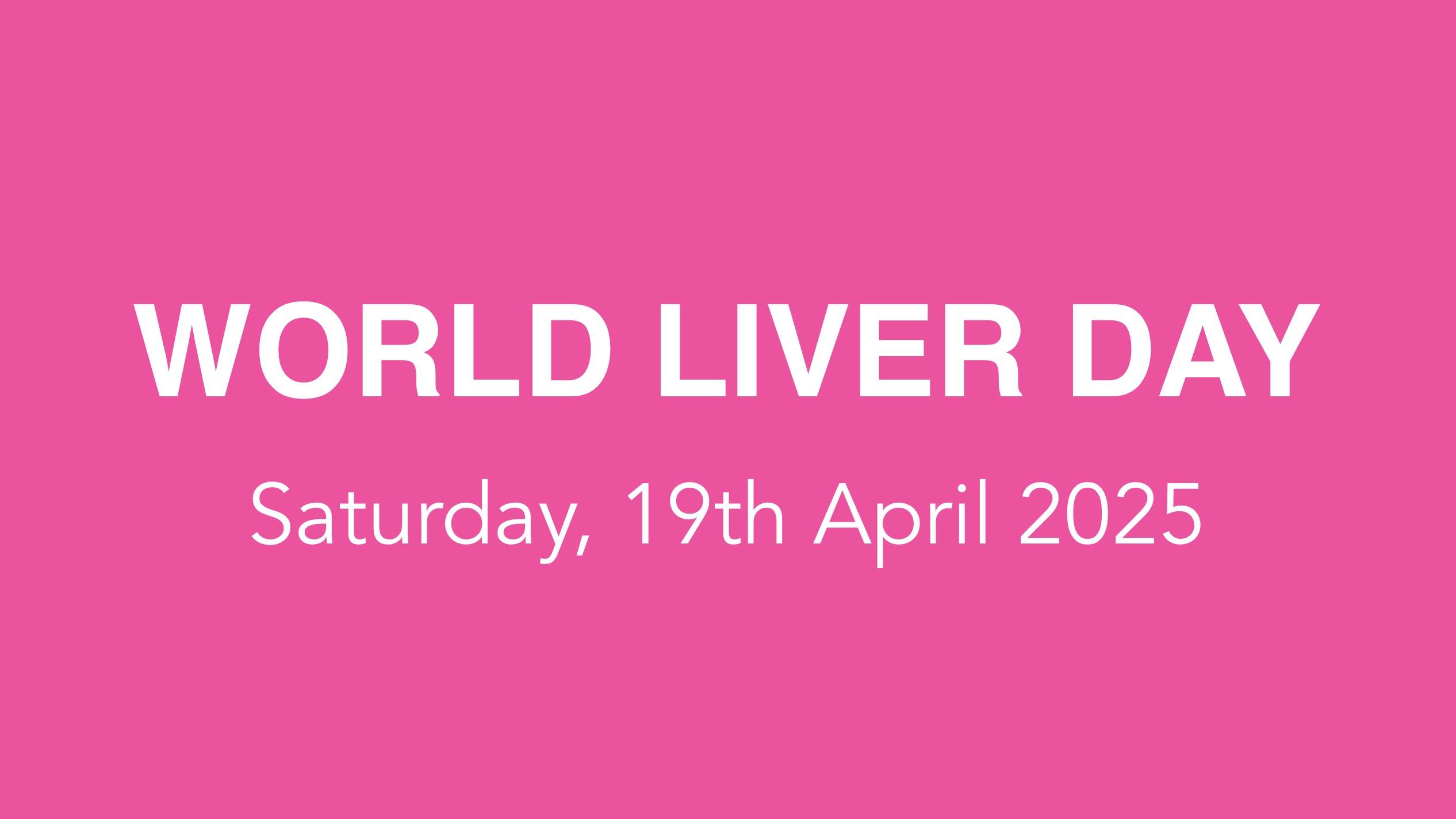Health & Fitness News
World Liver Day: Raising Awareness for Liver Health Introduction World Liver Day is observed annually on 19th April to raise awareness about the significance of liver health and the growing global burden of liver diseases. The liver, one of the most vital organs in the human body, plays a crucial role in detoxification, digestion, and metabolism. Despite its critical functions, liver diseases often remain undiagnosed until they reach advanced stages, leading to severe health complications. World Liver Day serves as a platform to educate the public on liver diseases, encourage early detection, and promote healthier lifestyles to reduce the risk of liver-related conditions. The Importance of Liver Health The liver is responsible for over 500 essential functions within the body, such as filtering toxins from the blood, producing bile to aid digestion, storing glycogen for energy, and synthesising proteins crucial for blood clotting. It also plays a key role in the metabolism of fats, proteins, and carbohydrates, making it indispensable to overall health. However, liver diseases such as hepatitis, cirrhosis, fatty liver disease, and liver cancer have become significant public health concerns. According to the World Health Organisation (WHO), liver diseases account for millions of deaths worldwide each year. Chronic liver conditions often progress with few or no noticeable symptoms in their early stages, making them difficult to diagnose before they become life-threatening. This remains one of the primary challenges in managing liver diseases globally. Common Liver Diseases Some of the most common liver diseases include hepatitis, fatty liver disease, cirrhosis, and liver cancer. Hepatitis refers to inflammation of the liver, commonly caused by viral infections, particularly hepatitis B and C. These forms of hepatitis can lead to chronic liver disease and increase the risk of cirrhosis and liver cancer. While vaccines are available for hepatitis A and B, hepatitis C remains a significant challenge, as it often goes undiagnosed until liver damage is extensive. Non-alcoholic fatty liver disease (NAFLD) is another major concern, particularly in developed nations. This condition is closely linked to obesity, diabetes, and poor dietary habits, leading to the accumulation of fat in liver cells. Over time, NAFLD can cause inflammation and damage, potentially progressing to cirrhosis if not managed. Cirrhosis itself is a condition where the liver becomes severely scarred due to long-term damage, often resulting from chronic liver diseases. This can lead to liver failure and may require a transplant in severe cases. Liver cancer is one of the leading causes of cancer-related deaths worldwide. It often develops as a result of chronic liver diseases such as hepatitis and cirrhosis. Early detection is crucial for improving survival rates, but it remains a significant challenge due to the lack of noticeable symptoms in the early stages. Raising Awareness on World Liver Day World Liver Day plays a vital role in raising global awareness about liver diseases and how they can be prevented. On this day, healthcare professionals, medical institutions, and organisations dedicated to liver health use the platform to educate the public on liver disease risk factors, symptoms, and preventative measures. Prevention is a central focus on World Liver Day, as adopting a healthier lifestyle can significantly reduce the risk of liver diseases. Encouraging individuals to maintain a balanced diet, engage in regular physical activity, and limit alcohol consumption can go a long way in protecting liver health. The day also serves as a reminder of the importance of early detection. Regular health check-ups, including liver function tests, can help identify potential issues before they become severe. Vaccination against hepatitis A and B is also strongly advocated, as these infections are preventable through immunisation. Additionally, World Liver Day highlights the need for treatment and support for those already living with liver diseases. Access to proper healthcare and timely medical intervention is crucial for improving patient outcomes. Education about available treatments and the importance of lifestyle modifications can empower individuals to better manage their conditions. Strategies for Maintaining Liver Health Maintaining liver health requires a comprehensive approach, encompassing a balanced diet, regular physical activity, and avoiding harmful substances such as alcohol and tobacco. A diet rich in fruits, vegetables, whole grains, and lean proteins supports liver function, while limiting the intake of fatty and processed foods helps prevent conditions like fatty liver disease. Regular exercise is equally important, as it aids in weight management and improves metabolic health, both of which reduce the risk of liver disease. Limiting alcohol consumption is another crucial step in protecting the liver. Alcohol is one of the leading causes of liver damage, and excessive drinking can lead to liver inflammation, fatty liver disease, and cirrhosis. By reducing alcohol intake, individuals can significantly lower their risk of developing these conditions. Regular medical check-ups and liver function tests are also essential, especially for those with risk factors such as a family history of liver disease, obesity, or diabetes. These tests can help identify liver abnormalities early, when treatment options are more effective. Additionally, practising safe measures, such as using clean needles and ensuring proper screening of blood products, is crucial in preventing viral infections like hepatitis. Conclusion World Liver Day serves as an important reminder of the liver's vital role in overall health and the need to prioritise liver care. By raising awareness about liver diseases, advocating for prevention and early detection, and encouraging healthier lifestyle choices, we can make significant progress in reducing the burden of liver diseases worldwide. With continued education, support, and medical advancements, we can work towards a future where liver diseases are detected early, treated effectively, and, in many cases, prevented altogether. |






